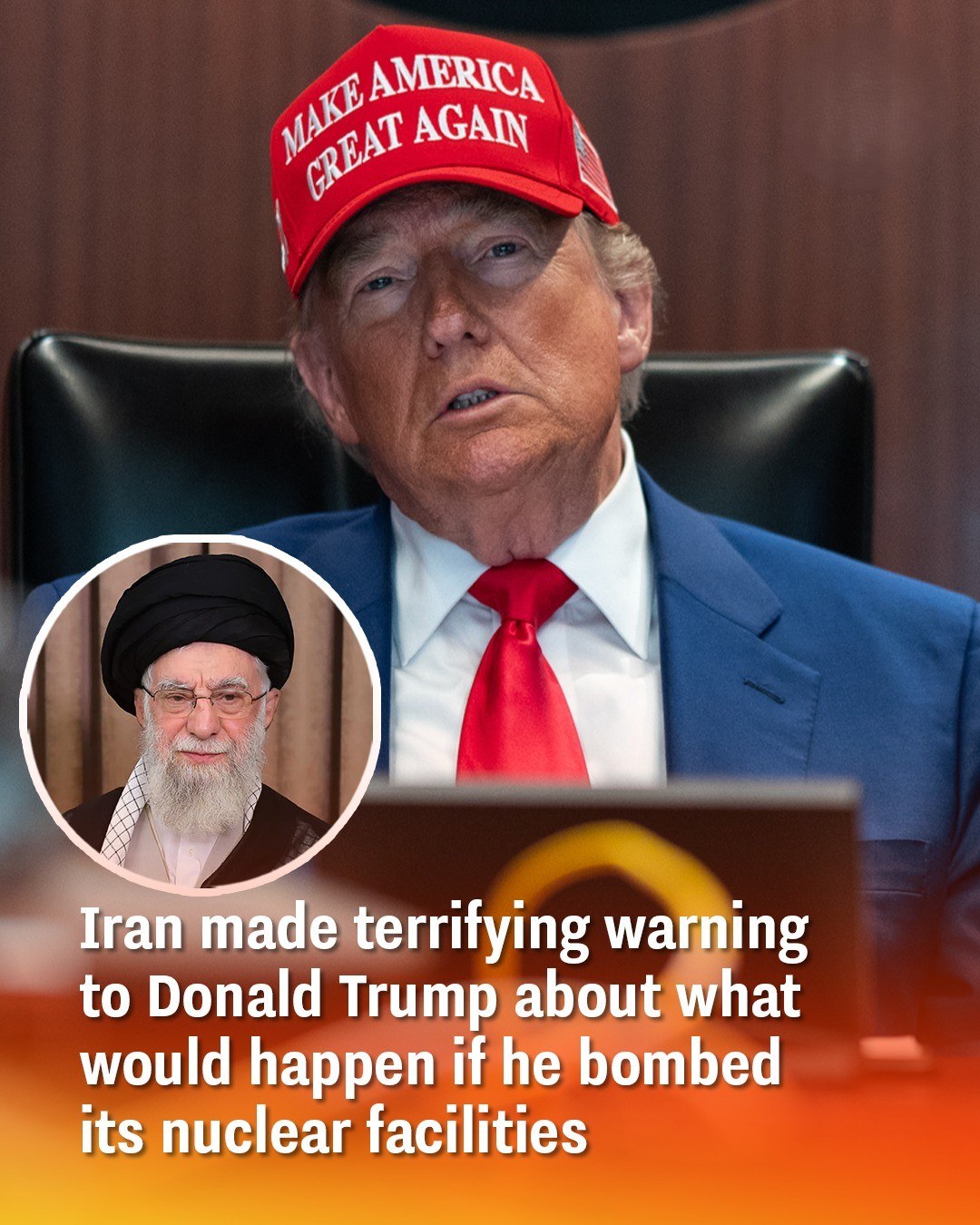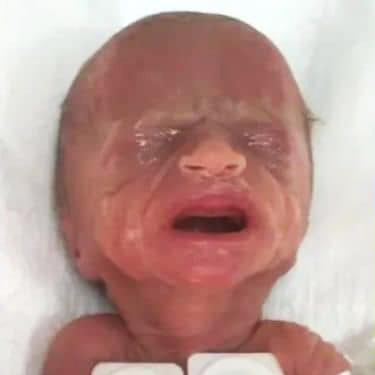Iran made terrifying warning to Donald Trump about what would happen if he bombed its nuclear facilities
Over the weekend, U.S. President Donald Trump conducted airstrikes on three significant Iranian nuclear sites located in Fordow, Natanz, and Isfahan. This action was taken amidst escalating tensions that followed a prior missile strike by Israel and Iran’s warnings that any U.S. intervention would trigger a larger conflict.
In the days preceding the strikes, Iranian officials allegedly issued threats regarding sleeper-cell terror attacks within the United States should Trump proceed with military action.
Sleeper agents, identified as covert operatives residing inconspicuously in the U.S., are thought to have infiltrated the country in substantial numbers. A leaked memorandum from Customs and Border Protection indicated that thousands of Iranian nationals had entered illegally, with fears that many more had done so without detection. Authorities caution that these individuals could potentially be activated for terrorist operations, although no specific plots have been identified thus far.
Trump reportedly became aware of the sleeper-cell threat during the recent G7 summit in Canada, which led to his prompt exit from the gathering. After the airstrikes, he utilized Truth Social to declare that any Iranian retaliation would be met with “force far greater” than the initial bombing. This resolute position has placed U.S. security agencies on heightened alert.
The Department of Homeland Security has released statements indicating an increased threat level within the United States. They cited a religious edict from Iranian leaders advocating for violent retaliation, which raises the probability of terrorist attacks or cyber warfare. Government officials associated with previous U.S. actions against Iran are regarded as high-risk targets.
With Iran pledging to retaliate and Russia already supporting Tehran, concerns about a broader international conflict are escalating. As domestic security measures intensify and diplomatic tensions increase, the global community is closely monitoring the situation to determine whether this signifies the onset of a larger war or a new chapter in the power dynamics of the Middle East.






